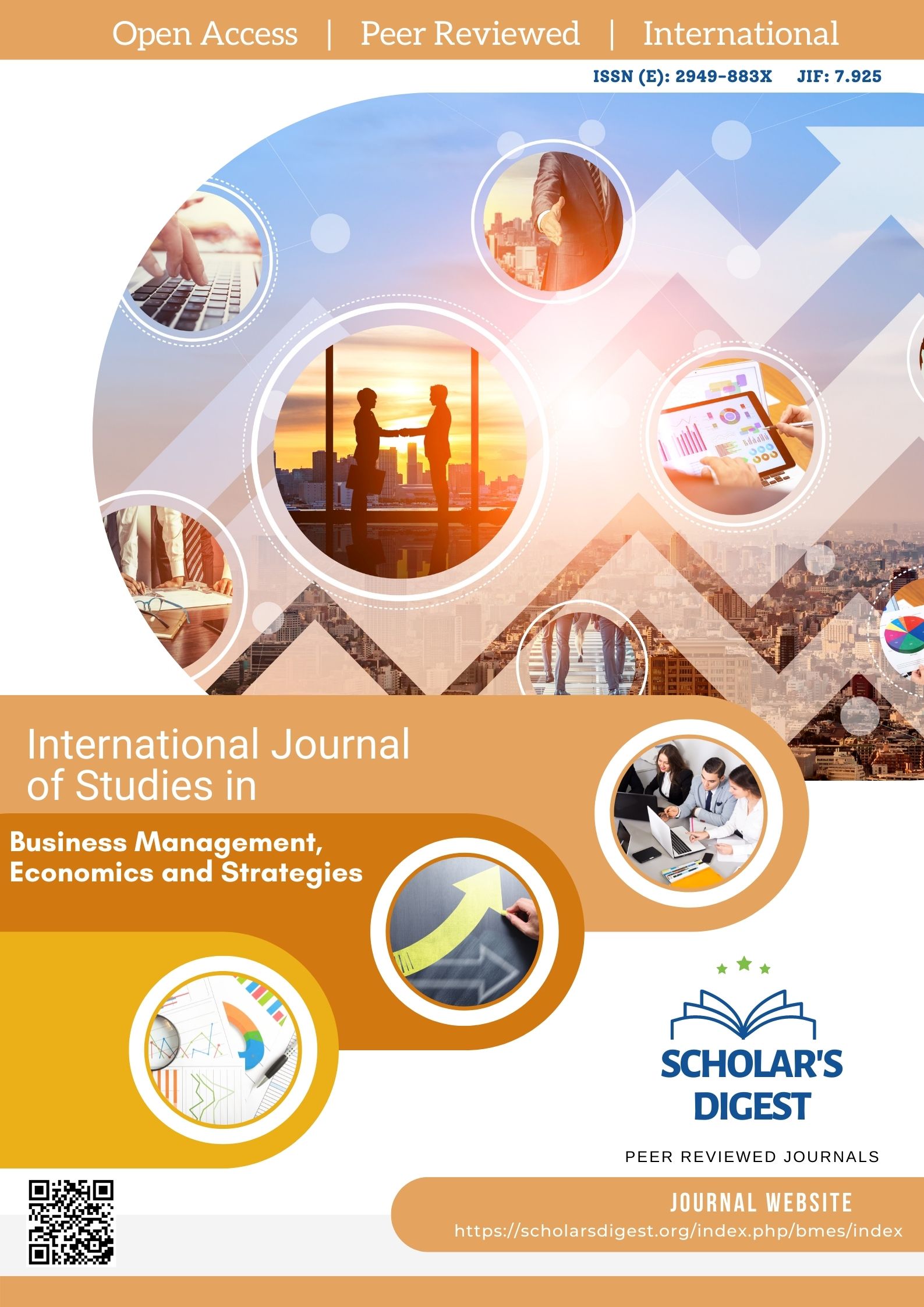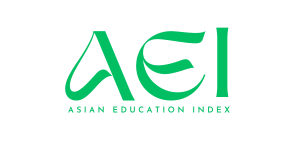IMPACT OF FUEL SUBSIDY REMOVAL ON NIGERIA'S SUPPLY CHAIN: A CASE STUDY ANALYSIS
Keywords:
fuel subsidy, supply chain, transportation costs, food prices, Nigeria.Abstract
This study investigated the effect of fuel subsidy removal on Nigeria's supply chain, focusing on the relationships between fuel prices, transportation costs, and food prices. Econometric analysis was conducted using monthly time-series data from 2022 to January 2024 on petrol prices, transportation costs, and food prices. Results from the correlation analysis revealed a statistically significant strong positive correlation (r = 0.929722, p < 0.0001) between petrol prices and food prices, indicating that increases in petrol prices are associated with increases in food prices. The regression analysis showed that petrol prices had a significant positive impact on transportation costs (β = 0.280966, p < 0.0001), suggesting that rising fuel prices lead to higher transportation costs that could be passed on to businesses and consumers. The cointegration analysis provided evidence of a long-term equilibrium relationship between petrol prices, transportation costs, and food prices. The trace and maximum eigenvalue tests indicated the presence of one cointegrating equation at the 5% significance level. The Granger causality tests showed bidirectional causality between petrol prices and food prices, as well as unidirectional causality from food prices to transportation costs. However, the regression analysis examining the impact of fuel subsidies on food availability yielded a positive but statistically insignificant coefficient (β = 0.208738, p = 0.2450). This suggests that other factors beyond fuel subsidies may play a more significant role in determining food availability in Nigeria. The study concludes that fuel subsidy removal in Nigeria could lead to higher petrol prices, subsequently increasing transportation costs and food prices. This could negatively impact consumer purchasing power and overall food security. Recommendations include implementing targeted support programs, investing in infrastructure, exploring alternative energy sources, and enhancing supply chain transparency through digital technologies.
Downloads
Published
Issue
Section
License

This work is licensed under a Creative Commons Attribution-NonCommercial 4.0 International License.









